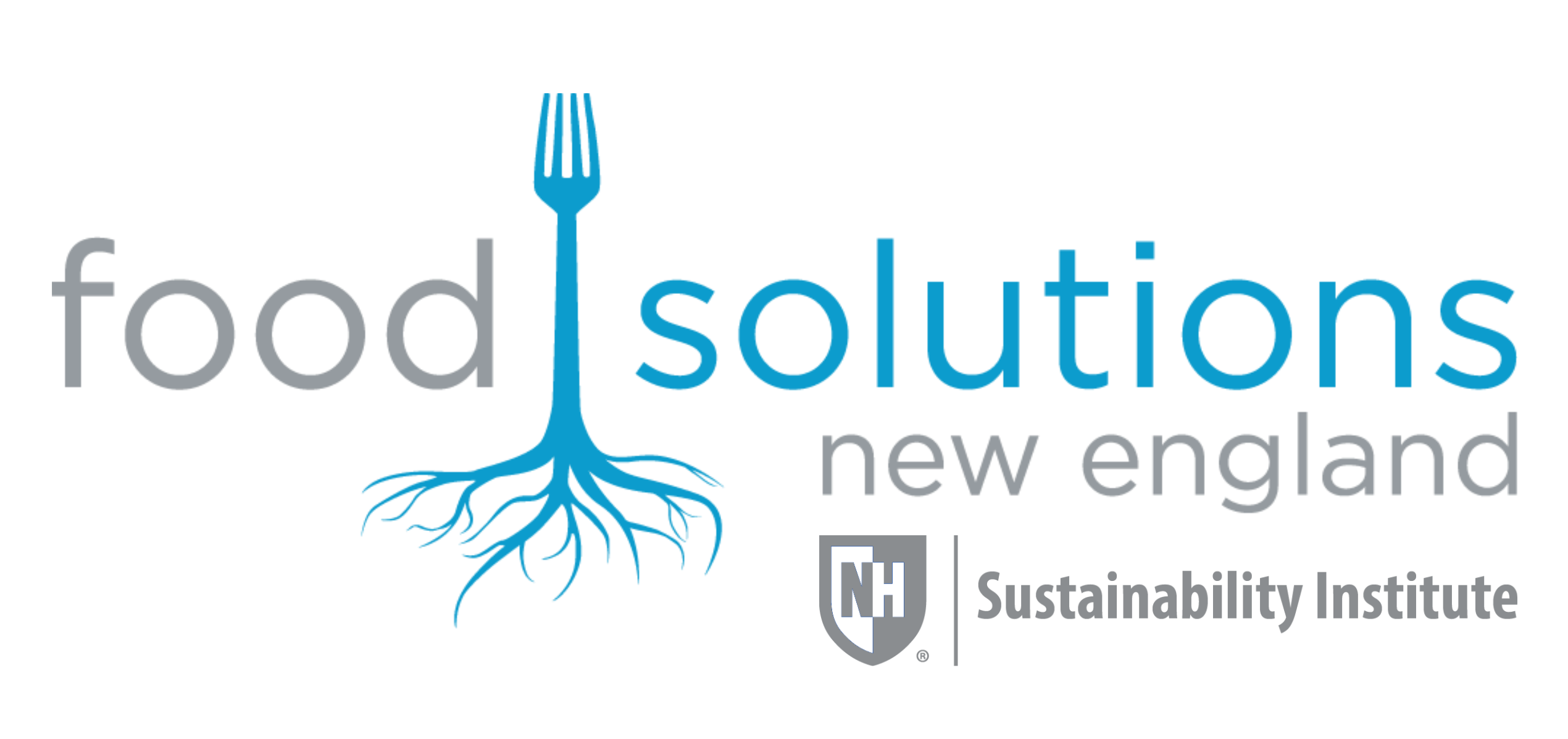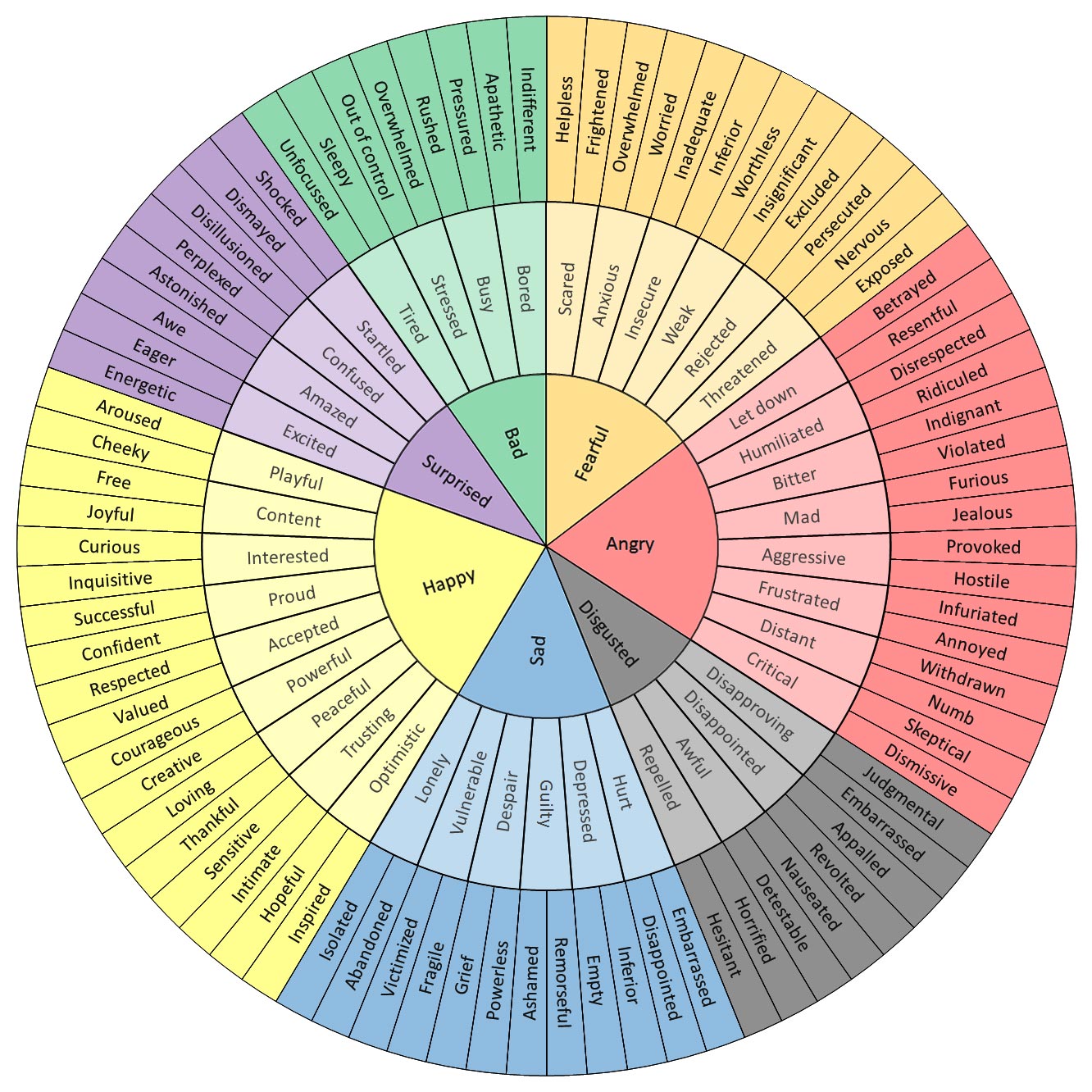MARCH 8 2021 UPDATE: Due to issues with accessing the 2020 prompts, POP is pausing the weekly challenges until the new 2021 challenge is released on April 5. While the Food Solutions New England team works to finalize and promote their 2021 challenge, the links originally shared below from last year’s challenge are no longer working. Rather than bother their team and potentially face additional issues again, we decided it made more sense to begin anew with the fresh materials the week of April 5, 2021.
Starting in February 2021, members of the Philadelphia Orchard Project will participate in a racial equity habit-building challenge as outlined by Food Solutions New England (FSNE). We are sharing their program, and our approach to it, with their permission. This is something that FSNE has carried out annually for years, with thousands of people participating each year. 2021 marks their seventh year of their 21-day Racial Equity Habit Building Challenge. POP will be carrying our our team’s challenge out as a weekly endeavor using last year’s prompts (when access to these is fixed, we will add the link back in!), and we invite our partners, volunteers, and supporters to join us! You can also sign up to join FSNE in this year’s challenge from April 5-25 2021 by signing up with them here.

This racial equity habit-building challenge was initially developed by Dr. Eddie Moore, Jr., Dr. Marguerite Penick-Parks and Debby Irving, as described here. It was adapted, with permission, by FSNE, to focus more closely on racial equity as it relates to our food systems. The discussion guide can be viewed online at this link and is also available as a pdf. A separate copy of all the documents has been created to share with POP’s partners, supporters, and others interested in engaging in this challenge and is shared publicly here.
We want to be clear that we aren’t claiming to be experts in this type of work by any means. We are sharing this openly to serve as inspiration to others who may be interested in engaging in learning and discussion around this topic, but don’t know where to start. We humbly offer this outline to demonstrate our approach as a team, but encourage you to use whatever tactics work better for you, individually or as a group. As a learning organization, we see this as one step we take educate ourselves about racial inequity to better understand the individual and organizational steps that can be taken to combat these ongoing issues, and as part of an ongoing process towards a more diverse, equitable, inclusive, and just organization.
An introduction video on this challenge can be watched here, and many helpful resources are shared on their website here. “Why are we doing this challenge?”, the organizers asked themselves. FSNE wanted to see transformation based on their values as outlined here. POP chose to use this program because of its clear structure, detailed content, past successes/utility, and its applicability to POP’s work in local food.
PRE-WORK
The POP team will begin by completing the pre-work (broken link will be replaced when available on the FSNE website!) over the first two weeks of February. This will include reading/reviewing the following articles and tools:
- Dismantling Racism in the Food System
- Why we can’t separate justice and sustainability in the food system
- Racial Equity Tools Glossary
- Feelings Color Wheel (below/ linked here, shared with permission from Geoffrey Roberts; or view another example developed by Dr. Gloria Wilcox of the Gottman Institute here)

Before starting the first week’s prompt (Racial Identity Formation; broken link will be replaced when available on the FSNE website!), POP staff will have a group discussion to share what we hope to get from this experience, and decide how we would like to engage in discussions throughout the challenge. Most of the daily prompts also include a “Dig Deeper” section; the team will decide together which of these to focus on as a group and encourages team member to pursue deeper learning and understanding on their own time too.
We encourage everyone to be mindful of POP’s community agreements, or to consider creating your own. Restated in simplified form, POP encourages our team to to engage in these conversations with an open mind knowing that we all have different lived experiences, to listen for understanding and create space for everyone to be heard, to assume that people are participating with good intentions, to be uncomfortable with uncertainty, and to be accountable to each other and ourselves for these agreements.
We acknowledge that these topics may be difficult to discuss, and may bring up different feelings or past experiences that are painful; if anyone needs to step away from a particular topic or conversation, or feels that they would rather not engage in discussion– that is okay. We don’t want to cause further harm to anyone.
THE CHALLENGE
POP’s Co-Directors will send out weekly reminders with reading assignments, with each activity intended to take 15-20 minutes of reading, listening, and/or reflection. POP staff will be encouraged to share their brief reflections upon finishing the reading, and we will engage in deeper discussions on a regular basis. Members of POP’s board will also receive the prompts, and will engage in their own separate discussion, with a few opportunities for board & staff to have joint conversations at a few points throughout the challenge.
A shared Google slides doc was created for the POP team to record their thoughts from each week’s assignments, with one slide per prompt and sticky notes for team members to leave their reflections. A copy of this, in case it is helpful for anyone else completing the challenge, can be found online in a shared folder that contains some other helpful resources. We request that you make a copy of the shared doc for your own purposes, if desired. The intention of the shared presentation is to allow for team members to keep track of thoughts or ideas they’d like to share in more detail during a team meeting, and it may not work for you or your team. You may also feel moved to journal, to meditate, or to express yourself through art or other ways. Please feel free to make a copy of the shared document mentioned above for your own purposes, or to come up with something that works better for you.
ADDITIONAL RESOURCES
There are many other great places to find resources around food justice, dismantling racism, and more. Below, we list some places to start, and encourage you to share your suggestions and feedback with us via email (info@phillyorchards.org) or social media.
National Black Food & Justice Alliance
Developing Community Agreements
This blog post was written by POP Co-Executive Director Kim Jordan.
SUPPORT US! If you found this entry useful, informative, or inspiring, please consider a donation of any size to help POP in planting and supporting community orchards in Philadelphia: phillyorchards.org/donate.